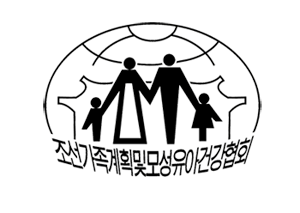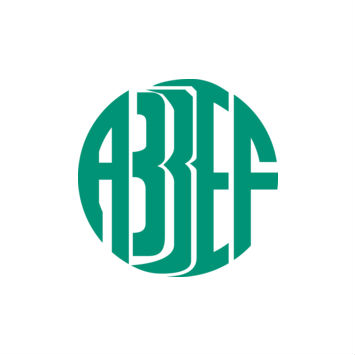

| 31 March 2016
Korean Family Planning & Maternal Child Health Association of DPRK
The Democratic People’s Republic of Korea (DPRK): Family Health Association of Korea (FHAK) formerly Korean Family Planning & Maternal and Child Health Association (KFP&MCHA) was established in 1990. Family Health Association of Korea is actively supported by the government to diversify family planning services and to improve their quality. One of the major challenges is geographic inequality. 80% of the country’s land mass is mountainous, with mining constituting a major industry. Large numbers of people live in this area, working in coal and mineral mines and forest stations. Fertility rates are much higher than in large urban areas, the contraceptive prevalence rate is much lower, and the number of trained family planning advisers is limited. FHAK has targeted these people with reproductive healthcare and information, education and communication (IEC) programmes. Contraceptive prevalence has increased, and the method mix has shifted significantly from IUD to pills, condoms and sterilization. In 2010, FHAKdelivered 538,000 condoms and 138,000 sexual and reproductive health services through 17 service points, including 9 permanent clinics and 8 mobile facilities. The Democratic People’s Republic of Korea (DPRK): Family Health Association of Korea (FHAK) is actively supported by the government to diversify family planning services and to improve their quality. One of the major challenges is geographic inequality. 80% of the country’s land mass is mountainous, with mining constituting a major industry. Large numbers of people live in this area, working in coal and mineral mines and forest stations. Fertility rates are much higher than in large urban areas, the contraceptive prevalence rate is much lower, and the number of trained family planning advisers is limited. FHAK has targeted these people with reproductive healthcare and information, education and communication (IEC) programmes. Contraceptive prevalence has increased, and the method mix has shifted significantly from IUD to pills, condoms and sterilization. In 2010, FHAK delivered 538,000 condoms and 138,000 sexual and reproductive health services through 17 service points, including 9 permanent clinics and 8 mobile facilities.

| 31 March 2016
Association Burkinabé pour le Bien-Etre Familial
Association Burkinabé pour le Bien-Etre Familial (FPABF) was set up in 1985. Staff and over 1,000 volunteers work to provide sexual and reproductive health (SRH) services to poor and marginalized people. Services include antenatal and post-natal care, prevention and treatment of sexually transmitted infections (STIs) including HIV and AIDS, provision of antiretroviral drugs, voluntary counselling and testing (VCT), screening for cancers of the reproductive system, post-abortion care, prevention of mother to child transmission (PMTCT) of HIV and AIDS, and home-based care for people living with HIV and AIDS. FPABF’s work reaches out to the poor and marginalized, and the organization runs special initiatives focused on reaching young people on the streets, people living with HIV and AIDS, and students. Professional training is provided to young people, including members of FPABF’s Youth Action Movement, which enables them to participate in small-scale profitable ventures and escape poverty. The nation has severe SRH challenges in terms of lifetime risk of maternal death and unmet need for contraception. One of the most serious issues in Burkina Faso is the 66% prevalence of female genital mutilation: a psychologically traumatic experience, an infringement of human rights and a source of substantial physical damage requiring major medical intervention. FPABP works in partnership with the Ministry of Health, the Secretariat Permanent des Organisations Non Gouvernementales (SPONG), Réseau des ONG en population et développement (REOPOD) and a range of funders including UNFPA, the EU, UNICEF and DANIDA. Facebook: https://www.facebook.com/www.abbef.net/







